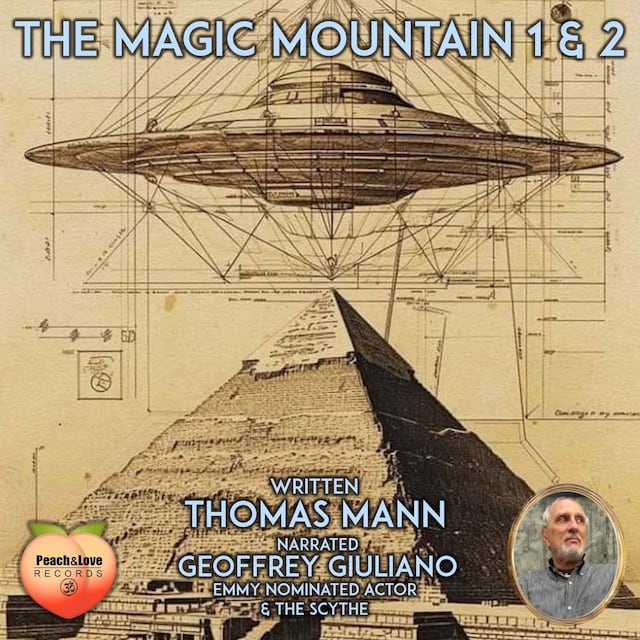
The Magic Mountain 1 & 2
Description of book
The Magic Mountain by Thomas Mann is a classic novel set in a Swiss sanatorium during the years leading up to World War I. The story follows Hans Castorp, a young engineer, who arrives for a short visit to his ailing cousin but ends up staying for seven years. The novel explores themes of time, illness, and the clash of ideas, with the sanatorium serving as a microcosm of European society on the brink of war. Mann uses the setting to delve into philosophical debates between characters, blending irony, humor, and profound insights into the human condition.
Thomas Mann (1875-1955) was a renowned German novelist, essayist, and social critic, celebrated for his profound exploration of the human condition and the moral dilemmas of modern society. Born in Lübeck, Germany, into a wealthy merchant family, Mann's works often reflected the decline of bourgeois values and the tension between individual desires and social expectations. His early success came with the publication of Buddenbrooks (1901), a family saga that earned him the Nobel Prize in Literature in 1929.
Mann is best known for his philosophical and psychologically complex novels, including Death in Venice (1912), The Magic Mountain (1924), and Doctor Faustus (1947). His writing combines realism, irony, and symbolism, delving into themes like art, death, illness, and the interplay between reason and passion. A staunch critic of fascism, Mann left Germany in 1933 due to his opposition to the Nazi regime, eventually settling in the United States. He became a prominent voice in exile, using his platform to warn against the dangers of totalitarianism. Mann returned to Europe later in life, leaving a lasting legacy as one of the greatest literary figures of the 20th century.


